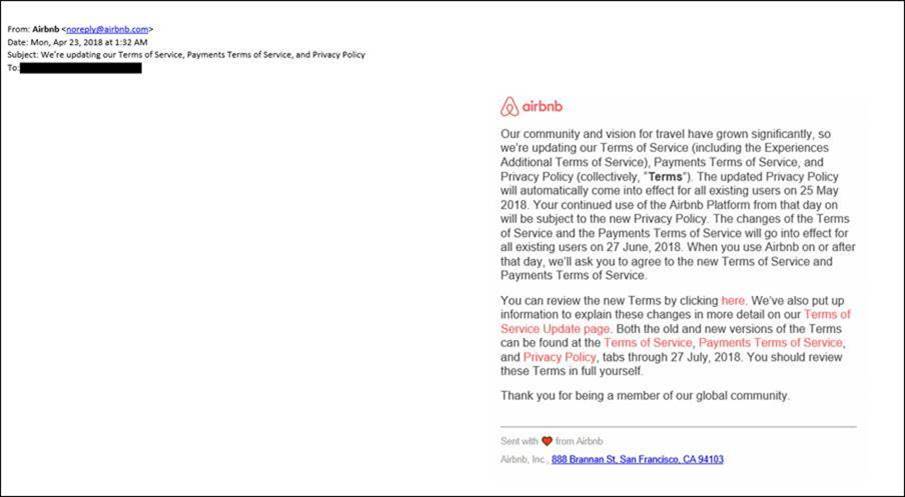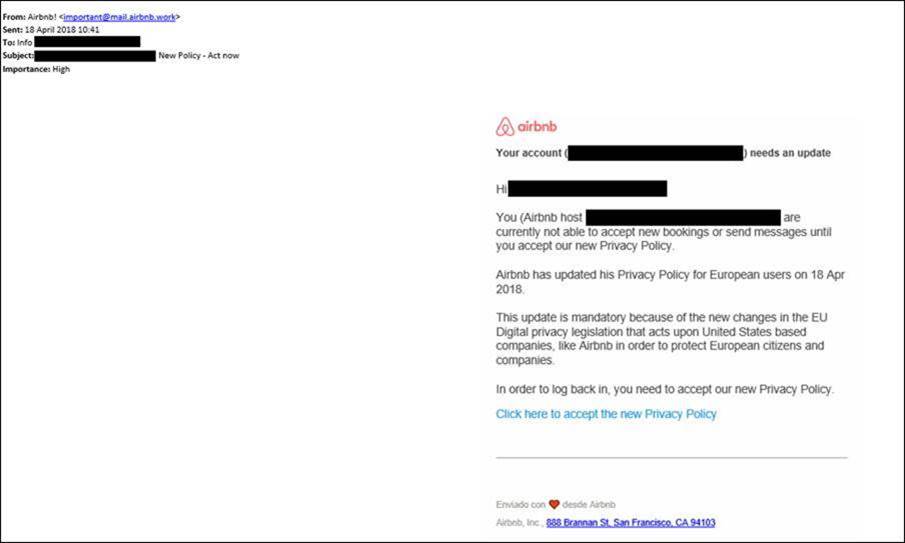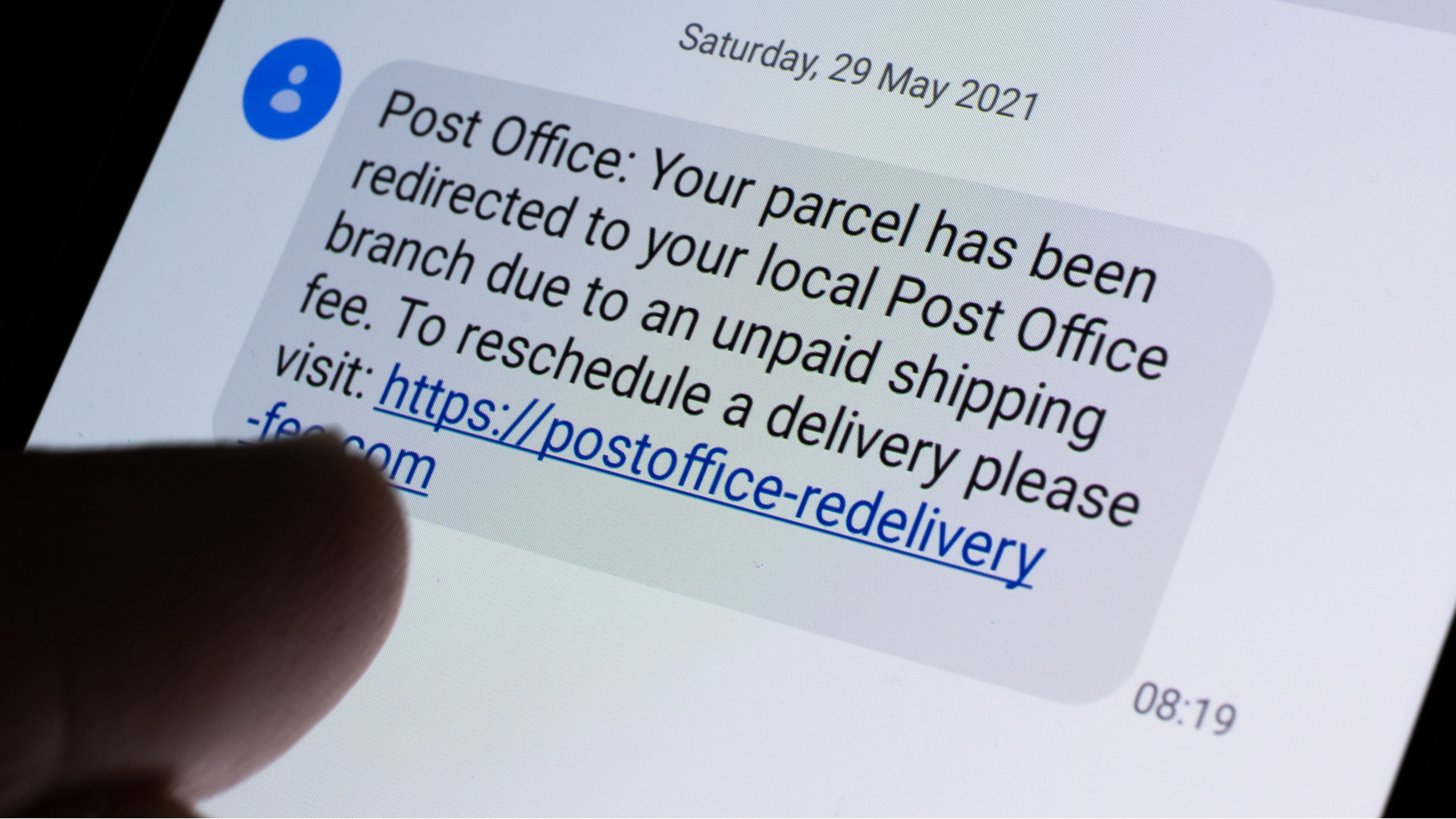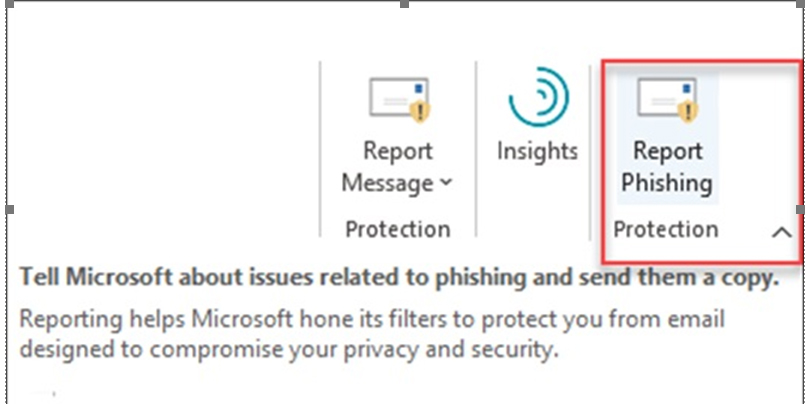Scammers are using GDPR email alerts to conduct phishing attacks
Malicious actors posing as well-known businesses using the guise of GDPR to steal personal data


Threat detection specialists have uncovered a new trend of malicious actors using GDPR compliance as a cover to target businesses with email phishing attacks.
Hackers, according to cyber security company Redscan, are impersonating well-known companies to send fake emails warning about imminent changes to privacy settings in an attempt to spread malware or steal personal data.
Redscan said it first encountered this GDPR-inspired scam in an email sent by attackers disguised as Airbnb's customer support, asking recipients to update their personal information to continue using the service.
This technique is particularly opportunistic, with it taking advantage of the growing sense of urgency spreading among businesses as they race to comply with GDPR less than a month until its 25 May deadline.
Many businesses routinely handling personal data, including Airbnb, are in the process of complying with requirements set out in the new set of data regulations, with many contacting their personal and commercial users with updated terms of service and privacy policies.
"The irony won't be lost on anyone that cybercriminals are exploiting the arrival of new data protection regulations to steal people's data," said Mark Nicholls, director of cyber security at Redscan, adding: "The skill level in launching phishing attacks is generally quite low so it's difficult to estimate the scale of such scams."


In a fake email sent by scammers using the address 'important@mail.airbnb.work' - resembling an authentic message sent by Airbnb (noreply@airbnb.com) - recipients were told they could not accept new bookings or send messages until they accepted the company's new Privacy Policy.
Get the ITPro daily newsletter
Sign up today and you will receive a free copy of our Future Focus 2025 report - the leading guidance on AI, cybersecurity and other IT challenges as per 700+ senior executives
The email read: "This update is mandatory because of the new changes in the EU Digital privacy legislation that acts upon United States based companies, like Airbnb in order to protect European citizens and companies."
Airbnb, unsurprisingly, did not look kindly on its band being used for phishing attacks: "These emails are a brazen attempt at using our trusted brand to try and steal user's details, and have nothing to do with Airbnb."
"We'd encourage anyone who has received a suspicious looking email to report it to our Trust and Safety team on report.phishing@airbnb.com, who will fully investigate. We provide useful information on how to spot a fake email on our help centre and work closely with external partners to report and help remove fake Airbnb websites," the company said in a statement to IT Pro.
Nicholls noted that such attacks are commonplace: "Using current events and trends as bait for social engineering attacks is a common tactic. Scammers know that people are expecting exactly these kinds of emails this month and that they are required to take action, whether that's clicking a link or divulging personal data.
"It's a textbook phishing campaign in terms of opportunistic timing and having a believable call to action."
He told IT Pro the phishing email Redscan came across was targeted at a generic business address, suggesting the attackers may have scraped addresses from the web.
"As we get closer to the GDPR implementation deadline, I think we can expect to see a lot a lot more of these types of phishing scams over the next few weeks, that's for sure."
The cyber security firm warned that businesses concerned with the risk of phishing should implement measures to prevent them falling foul to such scams, including multiple email-validation and authentication systems designed to prevent spoofing, as well as holding regular training sessions for staff.

Keumars Afifi-Sabet is a writer and editor that specialises in public sector, cyber security, and cloud computing. He first joined ITPro as a staff writer in April 2018 and eventually became its Features Editor. Although a regular contributor to other tech sites in the past, these days you will find Keumars on LiveScience, where he runs its Technology section.
-
 Cleo attack victim list grows as Hertz confirms customer data stolen
Cleo attack victim list grows as Hertz confirms customer data stolenNews Hertz has confirmed it suffered a data breach as a result of the Cleo zero-day vulnerability in late 2024, with the car rental giant warning that customer data was stolen.
By Ross Kelly
-
 Lateral moves in tech: Why leaders should support employee mobility
Lateral moves in tech: Why leaders should support employee mobilityIn-depth Encouraging staff to switch roles can have long-term benefits for skills in the tech sector
By Keri Allan
-
 C-suites consider quantum a serious threat and "amazing" deepfake attacks are just 'months away'
C-suites consider quantum a serious threat and "amazing" deepfake attacks are just 'months away'News Deepfake technology has matured at a rapid rate, and video scams are likely to be a on par with the more convincing voice-only campaigns very soon, one expert says
By Rory Bathgate
-
 Shiseido reportedly suffers data breach
Shiseido reportedly suffers data breachNews The Japanese cosmetics company has been accused of failing to notify affected staff of the leak
By Sabina Weston
-
 Almost a quarter of all spam emails were sent from Russia in 2021
Almost a quarter of all spam emails were sent from Russia in 2021News Last year's spam emails mostly centred around money and investment, Bond and Spider-Man movie premieres, and the pandemic
By Sabina Weston
-
 HMRC issues scam warning ahead of Self Assessment deadline
HMRC issues scam warning ahead of Self Assessment deadlineNews The department stated that 2021 has already seen 797,010 tax-related scams reported
By Sabina Weston
-
 Ofcom report reveals alarming uptick in smishing attacks
Ofcom report reveals alarming uptick in smishing attacksNews Text-based scams now more common than phone calls among young adults
By Sabina Weston
-
 Smishing attacks increased 700% in first six months of 2021
Smishing attacks increased 700% in first six months of 2021News Which? has urged businesses to play their part to protect people from text message scams
By Sabina Weston
-
 Delivery scams become most common form of smishing
Delivery scams become most common form of smishingNews Cyber security provider Proofpoint finds a major increase in the number of threat actors impersonating postal services
By Sabina Weston
-
 NCSC simplifies Outlook scam-reporting tool
NCSC simplifies Outlook scam-reporting toolNews Users are now able to report phishing emails with just one click
By Sabina Weston